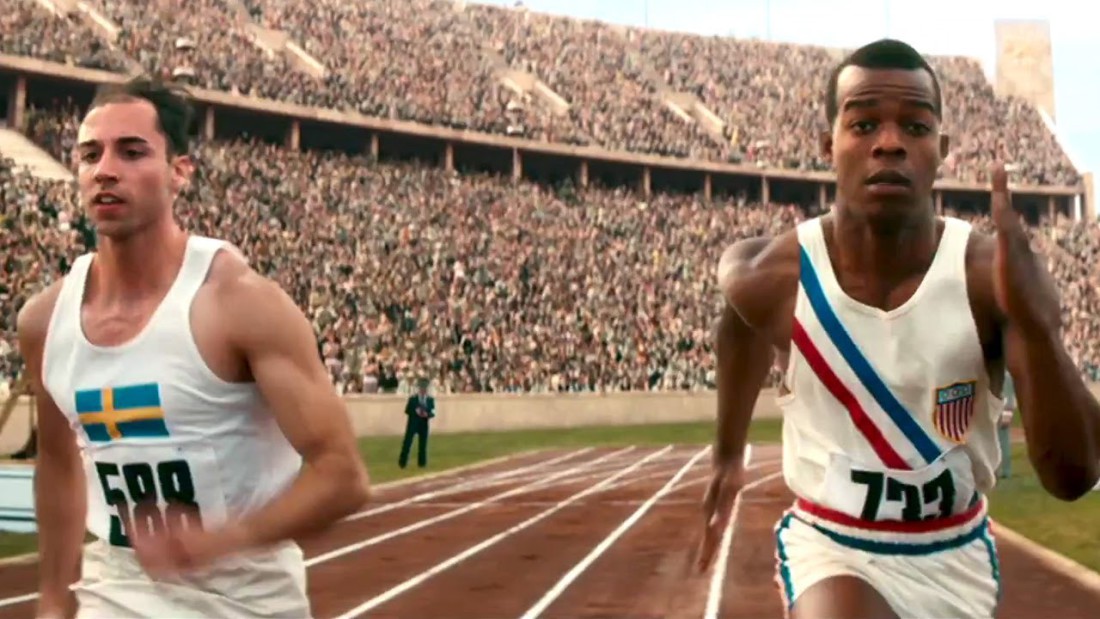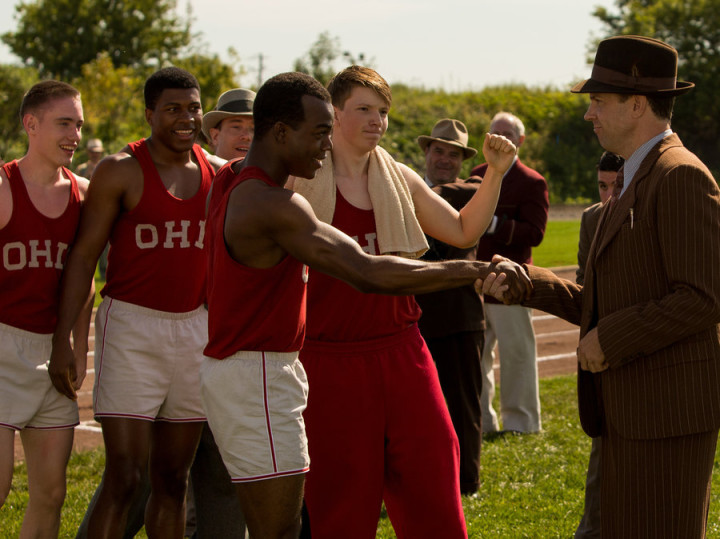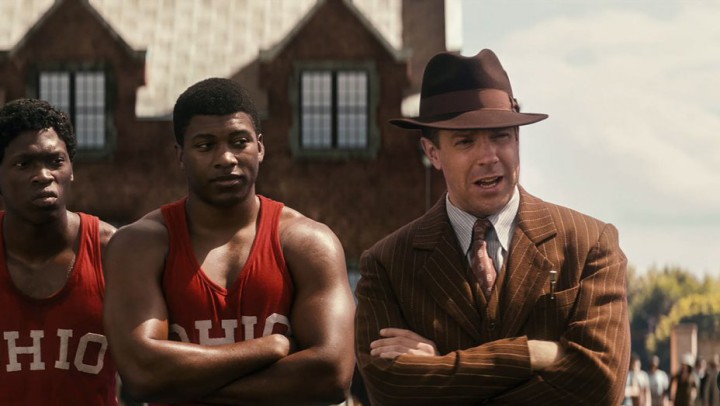The story of Jesse Owens is tailor-made for film. A black man heads to Berlin in 1936 to race against the ideals, both literally and figuratively, of Aryan supremacy — with Hitler watching — and wins decisively. The simple sense of poetic justice in Owens’ story is the reason it’s still remembered today. So many uplifting sports films — all the treacly “based-on-a-true story” types — can perhaps be traced back to Owens. On top of that, we live at a time when discussions about race are at the forefront of our national discourse, so a cinematic adaptation of Owens’ life and crowning achievement makes sense.
Unfortunately, Race, the film that comes to us 80 years after Owens’ gold medals, is, like so many uplifting sports dramas that came before it, simply a bare-bones, middlebrow adaptation. There’s nothing here that will offend anyone or ruffle any feathers, while its depiction of racism — although realistic — also leaves no wiggle room for nuance. Everything is at the service of the plot, which follows Owens (Stephan James, Selma) as he begins his track and field career — with the help of his “aw shucks” track coach (Jason Sudeikis in an awkward serious role that doesn’t suit him) — and moves towards the controversial ’36 Olympics.
The film makes some effort to provide a context for those games and the US debate in regards to competing in them at all. But as history, it feels false (perhaps it’s the mustache-twirling villainy of Joseph Goebbels (Barnaby Metschurat)) and sketched in. There’s never a sense that Race is all that authentic. Everything is a bit too clean and manicured, as though everyone is playing dress up. But at the same time, Owens — who is the movie — never has much dimension. He’s more a cog in his own story and his entire character is built more on name recognition than the screenplay.
Much of this is due to the basic biopic structure of the film. The entire thing is unfortunately formulaic and there’s not much (outside of maybe a couple of the film’s sporting events) that feels authentically cinematic. Director Stephen Hopkins (Predator 2) has spent the bulk of the latter portion of his career in television, and it shows. There’s no verve, there’s no style at play in Race, which really drags the film down, an already frightening aspect for a movie clocking in at 135 minutes. Its inherent nature — a wide-eyed biopic with an uplifting sports tangent — is already against it, while Hopkins revels in every cliché and trope one might expect. Race is a film that was assembled, not one given life. Rated PG-13 for thematic elements and language.








Before you comment
The comments section is here to provide a platform for civil dialogue on the issues we face together as a local community. Xpress is committed to offering this platform for all voices, but when the tone of the discussion gets nasty or strays off topic, we believe many people choose not to participate. Xpress editors are determined to moderate comments to ensure a constructive interchange is maintained. All comments judged not to be in keeping with the spirit of civil discourse will be removed and repeat violators will be banned. See here for our terms of service. Thank you for being part of this effort to promote respectful discussion.